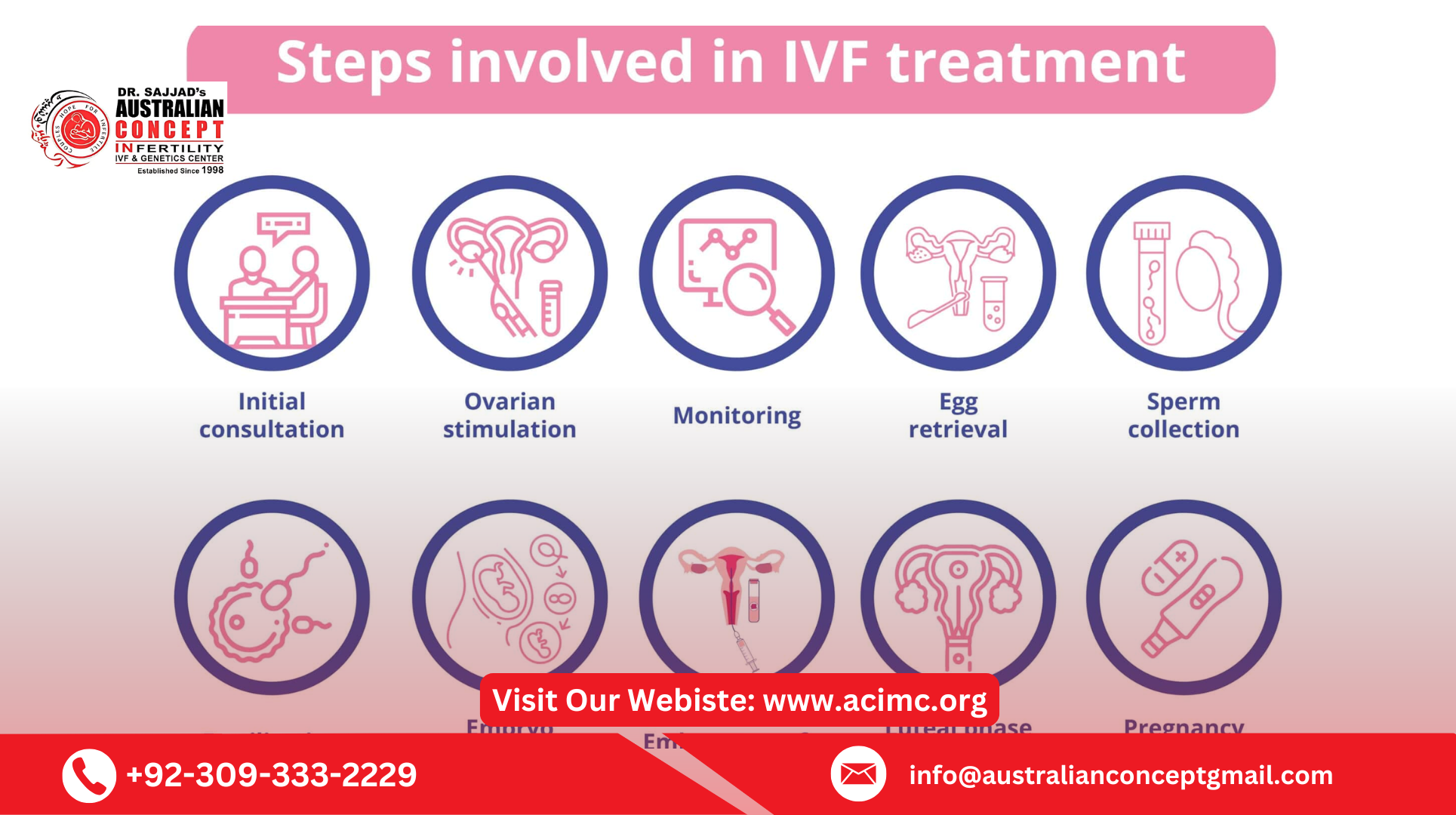What is the difference between an ICSI procedure and a normal fertilization procedure when it comes to treating male factor infertility

Infertility is a growing concern worldwide, affecting both men and women. In cases of male factor infertility, advanced reproductive techniques like Intracytoplasmic Sperm Injection (ICSI) and conventional in vitro fertilization (IVF) play a significant role in achieving pregnancy. While both methods aim to fertilize the egg, their approach and effectiveness differ, especially for men with severe sperm-related issues.
Understanding Normal Fertilization in IVF
In a standard IVF procedure, a high concentration of sperm is placed in a lab dish with a mature egg. The sperm naturally compete to penetrate the egg’s outer layer, and the healthiest one fertilizes it. This method relies on the sperm’s ability to swim, reach, and penetrate the egg independently.
When Is Conventional IVF Recommended?
- When sperm count, shape, and motility are within normal range
- When there are no severe male fertility issues
- When unexplained infertility is diagnosed
However, if the sperm has poor motility, abnormal morphology, or low count, fertilization through conventional IVF may fail.
What Is the ICSI Procedure?
Intracytoplasmic Sperm Injection (ICSI) is an advanced micromanipulation technique used during IVF to overcome male fertility challenges. In this process, a single, high-quality sperm is directly injected into the egg using a fine needle. This eliminates the need for sperm to swim or penetrate the egg on its own, increasing the chances of successful fertilization.
When Is ICSI Recommended?
ICSI is particularly beneficial in cases such as:
- Low sperm count (Oligospermia): When sperm concentration is insufficient for natural fertilization
- Poor sperm motility (Asthenozoospermia): When sperm cannot move effectively to reach the egg
- Abnormal sperm shape (Teratozoospermia): When sperm morphology is compromised
- Azoospermia: When no sperm is found in the ejaculate, requiring surgical sperm retrieval
- Previous IVF failure: When conventional IVF cycles have resulted in poor or no fertilization
ICSI vs. Normal Fertilization: Key Differences
| Factor | ICSI Procedure | Normal Fertilization (IVF) |
|---|---|---|
| Fertilization Method | Sperm is injected directly into the egg | Sperm naturally fertilizes the egg |
| Sperm Selection | A single high-quality sperm is chosen | Multiple sperm compete to fertilize the egg |
| Success Rate | Higher in cases of male infertility | Lower if sperm quality is poor |
| Male Infertility Treatment | Ideal for low sperm count/motility issues | Requires sufficient sperm quality |
| Egg Damage Risk | Slightly higher due to injection | Lower as fertilization occurs naturally |
| Procedure Complexity | Requires specialized micromanipulation | Less complex, done in a culture dish |
Which Treatment Is Right for You?
Both IVF and ICSI have their advantages, and the best approach depends on the underlying cause of infertility. If male factor infertility is mild, normal fertilization through IVF may be successful. However, if sperm abnormalities are severe, ICSI significantly increases the likelihood of fertilization and successful embryo development.
A consultation with an infertility specialist can help determine the best treatment plan based on individual medical history and fertility assessments.
Conclusion:
When it comes to treating male factor infertility, the ICSI procedure is a game-changer, ensuring fertilization even in severe cases. While normal fertilization in IVF is effective for men with good sperm health, ICSI provides a higher success rate when sperm quality is compromised. Understanding the differences between these techniques helps couples make informed decisions on their journey to parenthood.
- Questions and Answers
- Opinion
- Motivational and Inspiring Story
- Technology
- True & Inspiring Quotes
- Live and Let live
- Focus
- Art
- Causes
- Crafts
- Dance
- Drinks
- Film/Movie
- Fitness
- Food
- Games
- Gardening
- Health
- Home
- Literature
- Music
- Networking
- Other
- Party
- Religion
- Shopping
- Sports
- Theater
- Wellness
- News
- Culture

